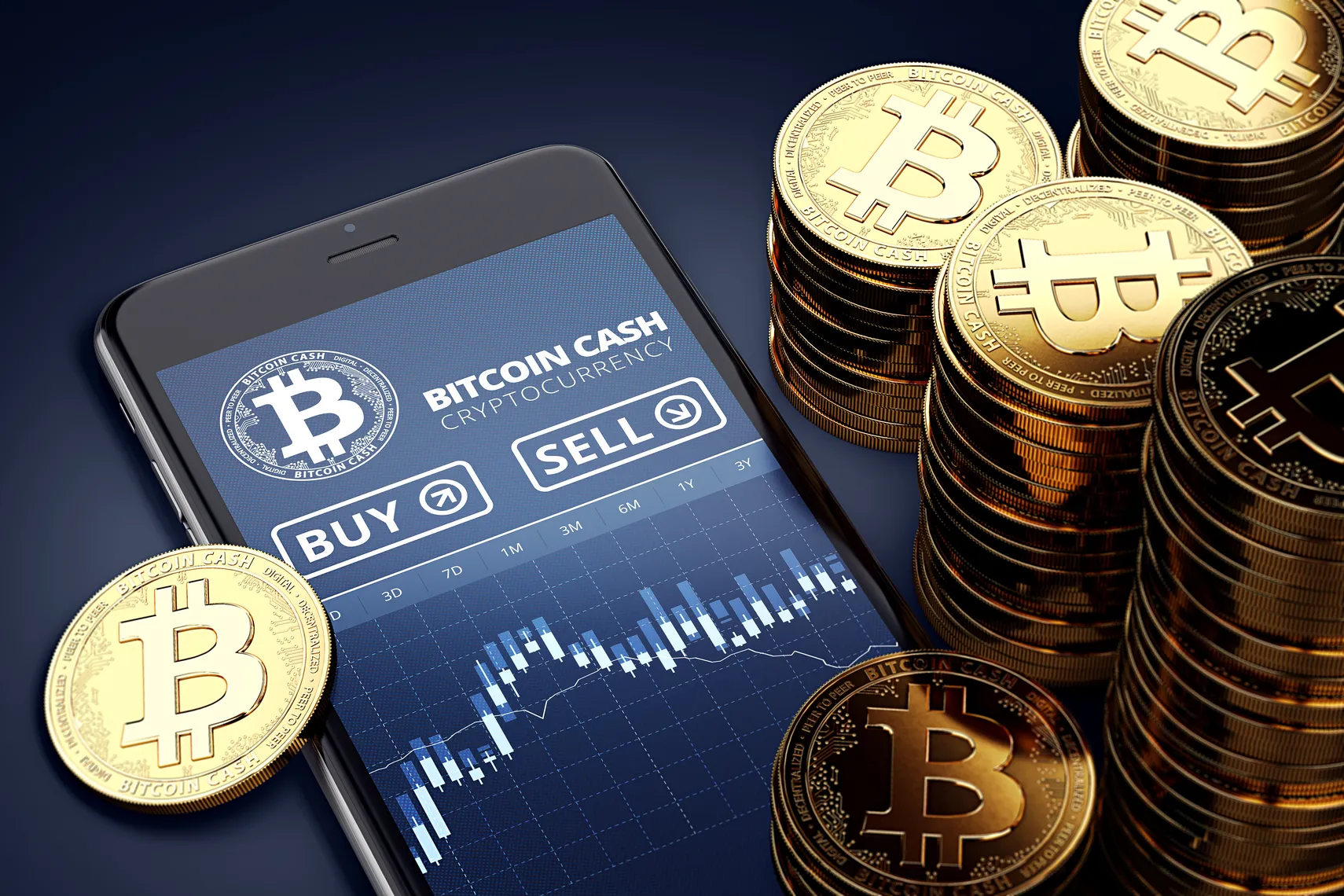Who owns the most Bitcoin Cash in 2025: BCH holders
Bitcoin cash (BCH) was created to make everyday crypto transactions faster and more affordable, while keeping the principles of decentralisation at its core. Over the years, it has developed its own network, community and market position, distinct from bitcoin.
Bitcoin remains the world’s largest cryptocurrency by market capitalisation. However, its limited transaction capacity has long been debated. To address these scalability concerns, bitcoin cash was launched in August 2017 as a peer-to-peer digital currency offering faster, lower-cost transactions.
As of 19 November 2025, BCH remains among the top 15 cryptocurrencies, with a market capitalisation of around $9.66bn and daily trading volumes above $550m (CoinMarketCap).
Despite its aim of decentralisation, a relatively small number of addresses continue to hold a substantial proportion of BCH supply.
What is bitcoin cash?
Bitcoin cash (BCH) is a peer-to-peer electronic cash system that operates independently of central banks or intermediaries. It originated from a hard fork of the Bitcoin blockchain on 1 August 2017, led by developers seeking to improve transaction throughput and scalability.
While Bitcoin maintains a 1 MB block size, BCH initially expanded this limit to 8 MB and later to 32 MB, enabling more transactions per second.
Average transaction costs typically remain below $0.01, with settlement occurring almost instantly, making BCH a practical option for remittances, micro-payments and day-to-day transactions.
BCH also supports Smart BCH, an Ethereum-compatible sidechain that allows decentralised applications (DApps) to run using BCH as the native asset.
Past performance is not a reliable indicator of future results.
Bitcoin cash tokenomics
Like Bitcoin, BCH has a fixed maximum supply of 21 million coins. As of November 2025, approximately 19.95 million BCH are in circulation (CoinMarketCap, 19 November 2025).
Halving history
| Event | Date | Block reward | Notes |
|---|---|---|---|
| Launch | Aug 2017 | 12.5 BCH | Initial reward following Bitcoin fork |
| First halving | 8 Apr 2020 | 6.25 BCH | Reduced block emission |
| Second halving | Apr 2024 | 3.125 BCH | Completed in 2024, marking the third epoch |
The halving mechanism, embedded within the BCH protocol, is designed to control inflation and preserve scarcity, gradually reducing the rate at which new coins enter circulation.
Who owns the most bitcoin cash in 2025?
Ownership of BCH remains highly concentrated, with a small number of large wallets controlling a significant portion of total supply.
Bitcoin cash distribution by address size
| Balance range (BCH) | Number of addresses | % of total addresses | Total BCH held | % of total BCH |
|---|---|---|---|---|
| 0 – 0.001 | 19,390,031 | 75.46% | 1,883 | 0.01% |
| 0.001 – 0.01 | 2,733,695 | 10.64% | 10,118 | 0.05% |
| 0.01 – 0.1 | 2,201,187 | 8.57% | 67,372 | 0.34% |
| 0.1 – 1 | 952,612 | 3.71% | 302,567 | 1.52% |
| 1 – 10 | 309,592 | 1.20% | 834,953 | 4.19% |
| 10 – 100 | 94,522 | 0.37% | 3,370,536 | 16.90% |
| 100 – 1,000 | 12,999 | 0.05% | 3,444,357 | 17.27% |
| 1,000 – 10,000 | 1,378 | 0.01% | 3,109,762 | 15.60% |
| 10,000 – 100,000 | 176 | 0.00% | 4,505,274 | 22.60% |
| 100,000 – 1,000,000 | 19 | 0.00% | 4,292,097 | 21.53% |
Source: BitInfoCharts, 19 November 2025.
The top 1,500 addresses control over 45% of circulating supply, reflecting a higher degree of concentration than more distributed networks such as Ethereum.
Largest active wallets
| Rank | Address (truncated) | Share of Supply | Approx. Balance (BCH) |
|---|---|---|---|
| 1 | 1PUwPCNqKiC6La8wtbJEAhnBvtc8gdw19h | 3.32% | 661,936 |
| 2 | 1MCUPSGCCjLW3tUCHR53nHEKYssPNZ9pmD | 2.51% | 500,546 |
| 3 | 1P86nZCNWUiynP52AK2eTuTGZXYUTwX6qQ | 2.19% | 436,975 |
| 4 | 13fK4WtjGQfesADntazupQcL45bgpN4GwJ | 1.84% | 365,987 |
| 5 | 17FAMiQKYFPR19VwsGbhbsVBickQii3w2w | 1.25% | 248,949 |
These holdings are publicly visible on-chain but not attributable to specific individuals.
Dormant BCH addresses
On-chain data indicates that a large number of BCH addresses have remained inactive for several years. These dormant wallets together hold millions of coins – some potentially lost or retained by long-term holders.
Such inactivity can affect market liquidity, as coins that have not moved for extended periods effectively reduce the available circulating supply.
Final thoughts
Bitcoin cash remains a well-established project within the cryptocurrency ecosystem. However, ownership remains concentrated, with a small number of wallets holding nearly half of the total supply.
Understanding who owns the most BCH offers valuable insight into market structure and liquidity, but it should not be viewed as a predictor of future price movement.
Anyone considering exposure to BCH – or derivatives such as BCH CFDs – should conduct independent research and review the latest market data, network fundamentals and regulatory information before making any trading decisions.
Create an account Open a demo account